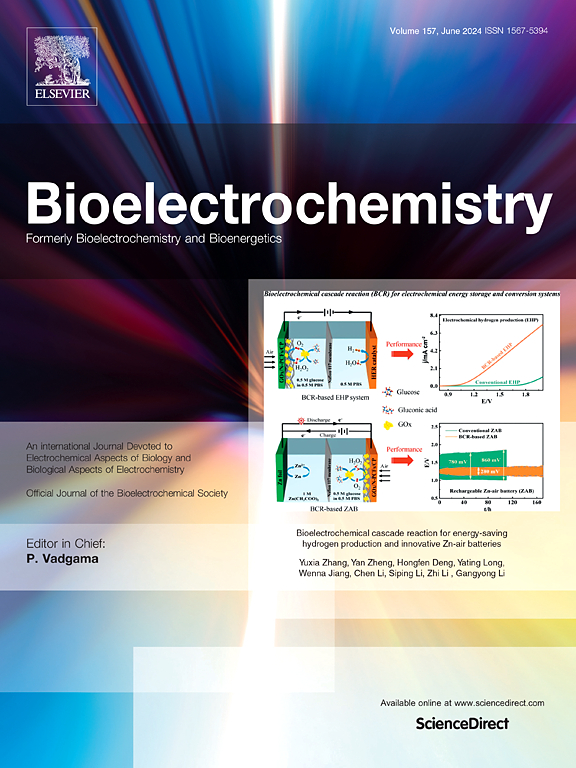Chronic stress and cytogenesis ablation disrupt hippocampal neuron connectivity, with fluoxetine restoring function with sex-specific effects
IF 3.6
2区 医学
Q1 NEUROSCIENCES
引用次数: 0
Abstract
Hippocampal Adult-Born neurons (hABNs) play a critical role in maintaining brain homeostasis, exhibiting unique properties during their maturation. The absence of hABNs impacts surrounding neuronal networks, but the mechanisms are not fully understood. In this study, we examined how perturbations to adult hippocampal cytogenesis affect the neuronal inputs to adult-born and mature neurons in the dentate gyrus. In particular, we analyzed connectivity changes in GFAP-Tk transgenic rats with ablated neurogenesis, and in unpredictable Chronic Mild Stress (uCMS) rats with reduced neurogenesis, with a focus on sex-differences in stress-affected hABNs. Additionally, we evaluated the action of the antidepressant fluoxetine on brain connectivity. Using a virus-mediated retrograde tracing approach, we quantified synaptic inputs to mature neurons and hABNs. Our findings reveal significant impairments in both intra- and extra-hippocampal connectivity following disruptions in cytogenesis, providing new insights into hippocampal network dynamics in the context of cytogenetic impairment, depression, and therapeutic interventions.
慢性应激和细胞发生消融破坏海马神经元连接,氟西汀恢复功能,具有性别特异性作用
海马成年神经元(hABNs)在维持大脑稳态中起着至关重要的作用,在其成熟过程中表现出独特的特性。hABNs的缺失会影响周围的神经网络,但其机制尚不完全清楚。在这项研究中,我们研究了对成年海马细胞发生的扰动如何影响齿状回成年出生和成熟神经元的神经元输入。特别地,我们分析了gap - tk转基因大鼠神经发生消融和不可预测的慢性轻度应激(uCMS)大鼠神经发生减少的连性变化,重点研究了应激影响habn的性别差异。此外,我们评估了抗抑郁药氟西汀对大脑连通性的作用。使用病毒介导的逆行追踪方法,我们量化了成熟神经元和hABNs的突触输入。我们的研究结果揭示了细胞发生中断后海马内和海马外连通性的显著损伤,为细胞遗传损伤、抑郁症和治疗干预背景下的海马网络动力学提供了新的见解。
本文章由计算机程序翻译,如有差异,请以英文原文为准。
求助全文
约1分钟内获得全文
求助全文
来源期刊

Neurobiology of Stress
Biochemistry, Genetics and Molecular Biology-Biochemistry
CiteScore
9.40
自引率
4.00%
发文量
74
审稿时长
48 days
期刊介绍:
Neurobiology of Stress is a multidisciplinary journal for the publication of original research and review articles on basic, translational and clinical research into stress and related disorders. It will focus on the impact of stress on the brain from cellular to behavioral functions and stress-related neuropsychiatric disorders (such as depression, trauma and anxiety). The translation of basic research findings into real-world applications will be a key aim of the journal.
Basic, translational and clinical research on the following topics as they relate to stress will be covered:
Molecular substrates and cell signaling,
Genetics and epigenetics,
Stress circuitry,
Structural and physiological plasticity,
Developmental Aspects,
Laboratory models of stress,
Neuroinflammation and pathology,
Memory and Cognition,
Motivational Processes,
Fear and Anxiety,
Stress-related neuropsychiatric disorders (including depression, PTSD, substance abuse),
Neuropsychopharmacology.
 求助内容:
求助内容: 应助结果提醒方式:
应助结果提醒方式:


